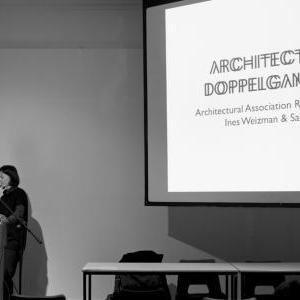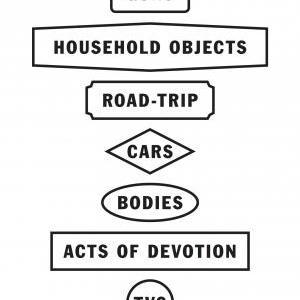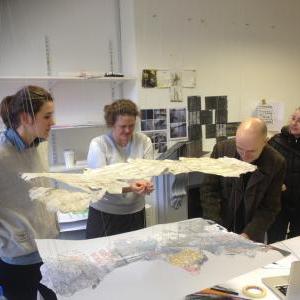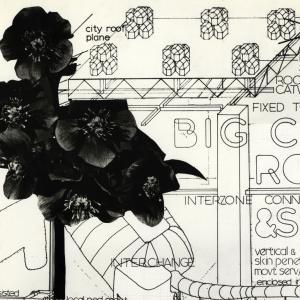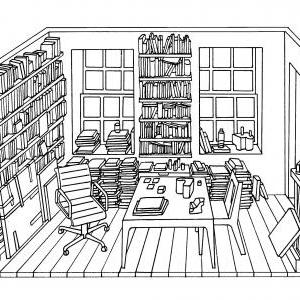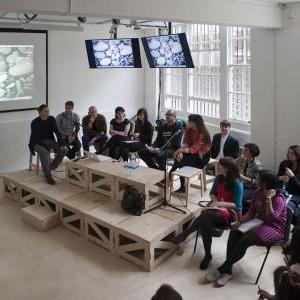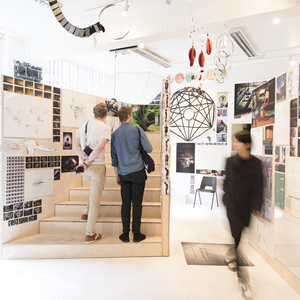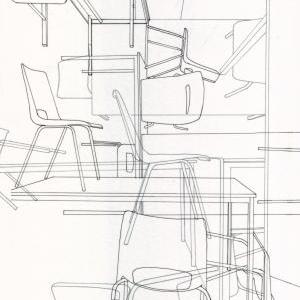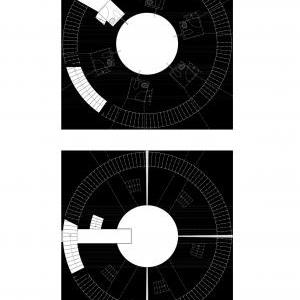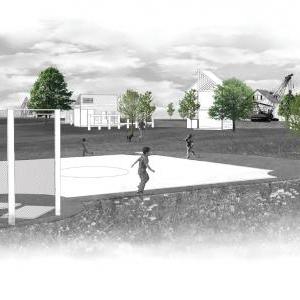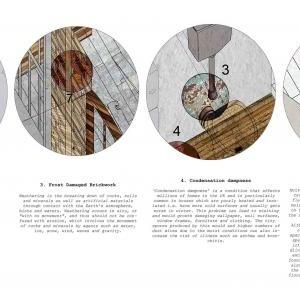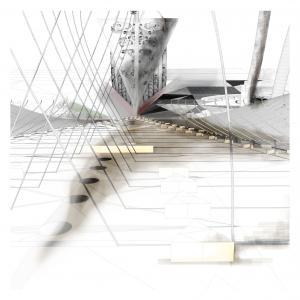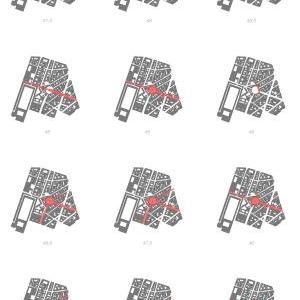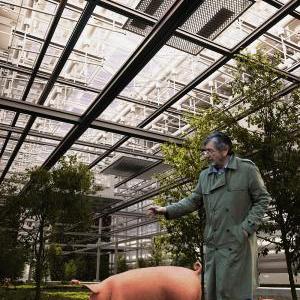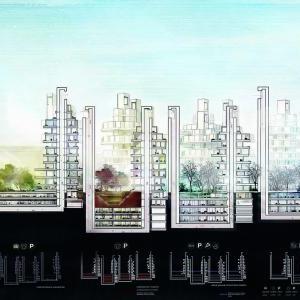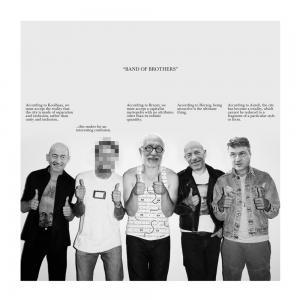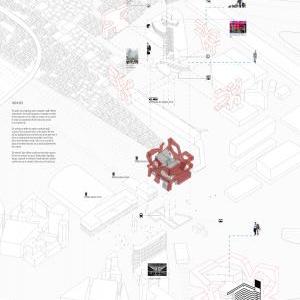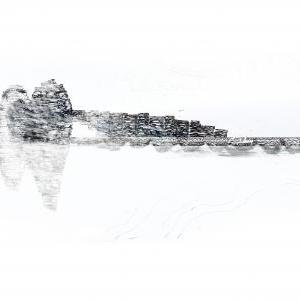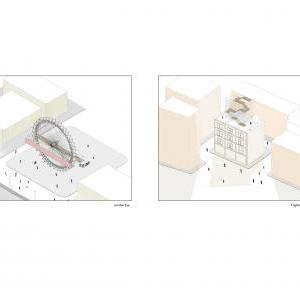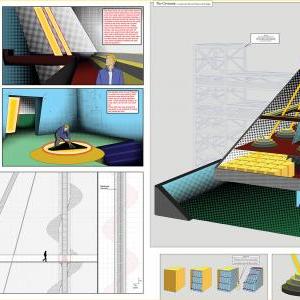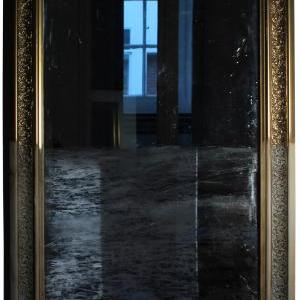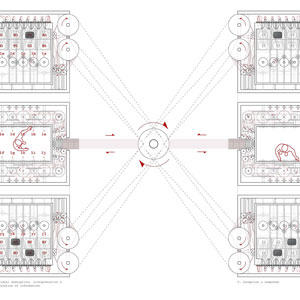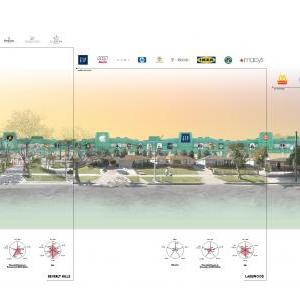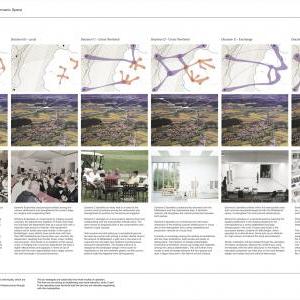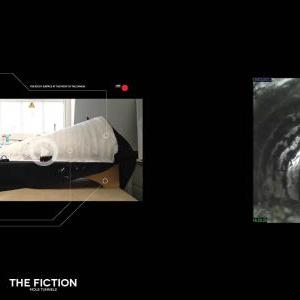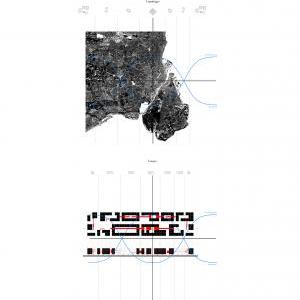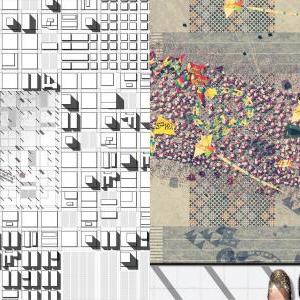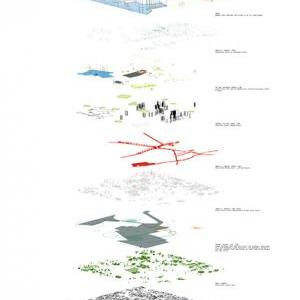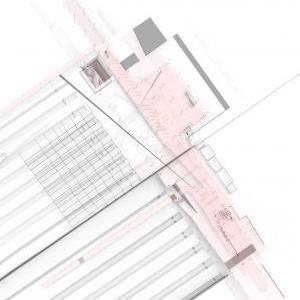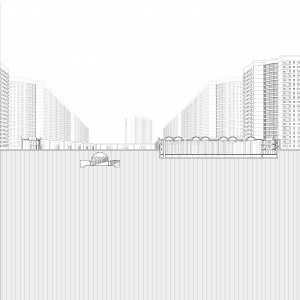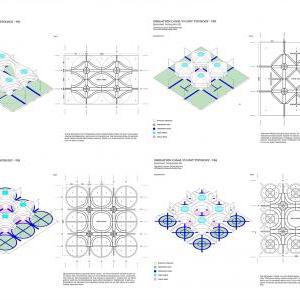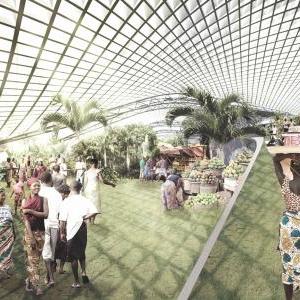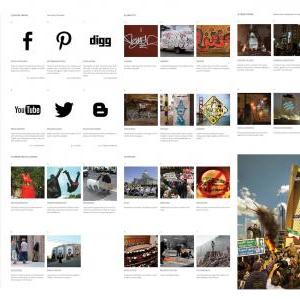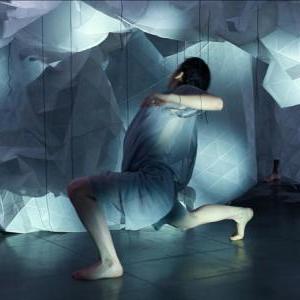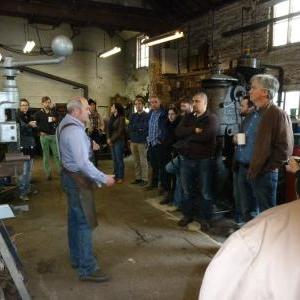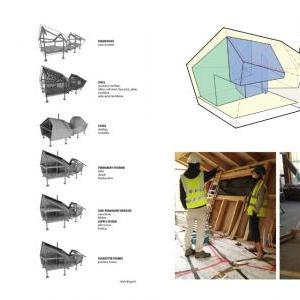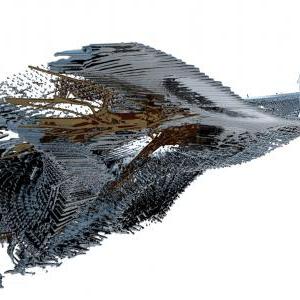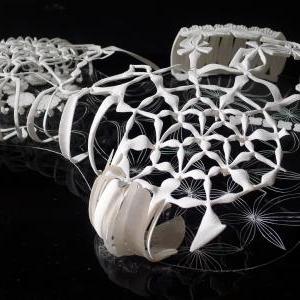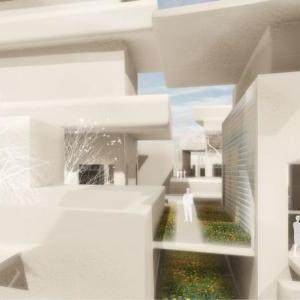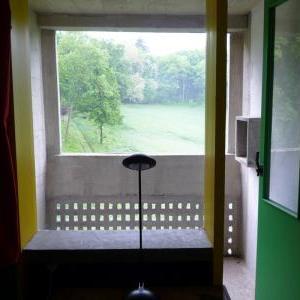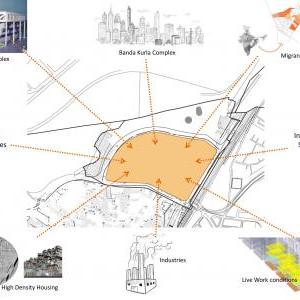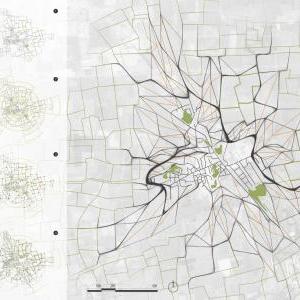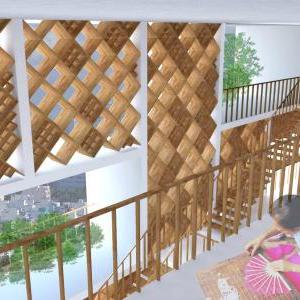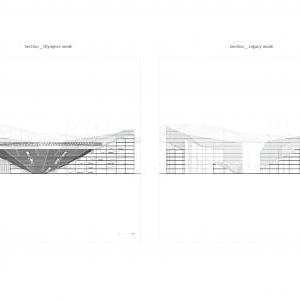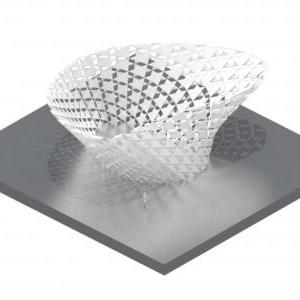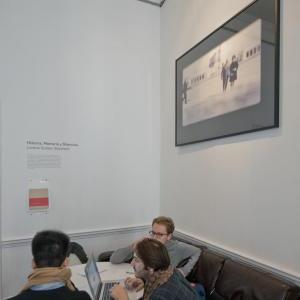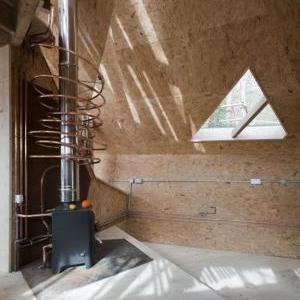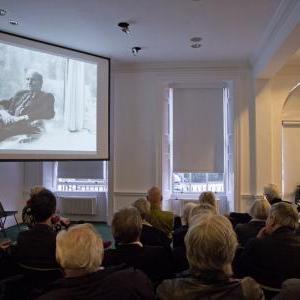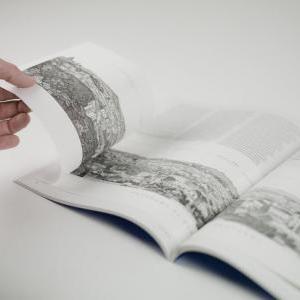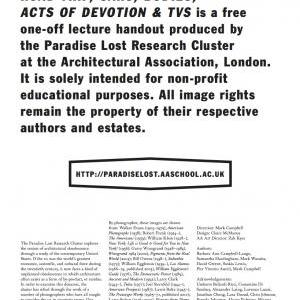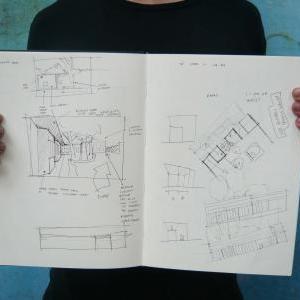AA Research Clusters are year-long special projects, activities and events that bring together diverse groups of AA staff, students and outside partners – audiences, specialists, researchers – to realise a body of focused research. Originally conceived in 2005, Research Clusters are mechanisms for triggering new territories and modes of research. The clusters are intended to promote and cultivate the culture of applied research in the school.
Each year the AA Research Cluster Group, in consultation with existing cluster curators, takes applications from across the school for a new cycle of research areas; there are usually four clusters operating at any one time. In addition to developing expertise and specific projects, Research Clusters seek to challenge existing forms of research and presentation – exploring alternative ways in which work can be produced. These might include events, symposia, conferences, workshops, performances, publications off- or on-site exhibitions, fabrications and interdisciplinary collaborative research and competitions.
Urban Prototypes
Cluster Curators: Clara Oloriz Sanjuan and Douglas Spencer
This cluster attempts to investigate the currency, thought, practice and critique of the urban prototype in the context of the continued and rapid urbanisation of the planet, as well as the social, economic and ecological implications of this development. The desire to produce ‘new models’ of the urban for territories newly opened to the globalising logic of urban entrepreneurialism, eco-cities, ‘place-making’ and the like, has been inflected by a number of perspectives – cybernetic, biomimetic, analytic – and embraced by a number of disciplines – architecture, urban design, planning.
The urban prototype is emerging as both a conceptual model and a design practice of increasing relevance. Hence we are working across a range of disciplines and perspectives to grasp a coherent and critical understanding of the potential of the urban prototype. To support our reading of the urban prototype in terms of particular projects and issues, we have conducted a series of events, discussions and interviews that seek new ways of exploring and understanding contemporary thinking about ‘prototypes’. The questions formulated in the interviews gravitate around the distinctions between the terms ‘prototype’, ‘archetype’, ‘type’ or ‘model’; contemporary conditions of rapid urbanisation; and interrogations related to agency, modes of operation and production, or the systematic and normative approaches that ultimately relate to the question of mentalities. For us the prototype describes a ‘mentality’ of positing new forms of urbanism and urbanisation, which is reflected in numerous interviews, including conversations with Grahame Shane, Charles Waldheim, Françoise Fromonot, Pier Vittorio Aureli and Eva Castro. Currently, we are collecting this material for a forthcoming publication.
